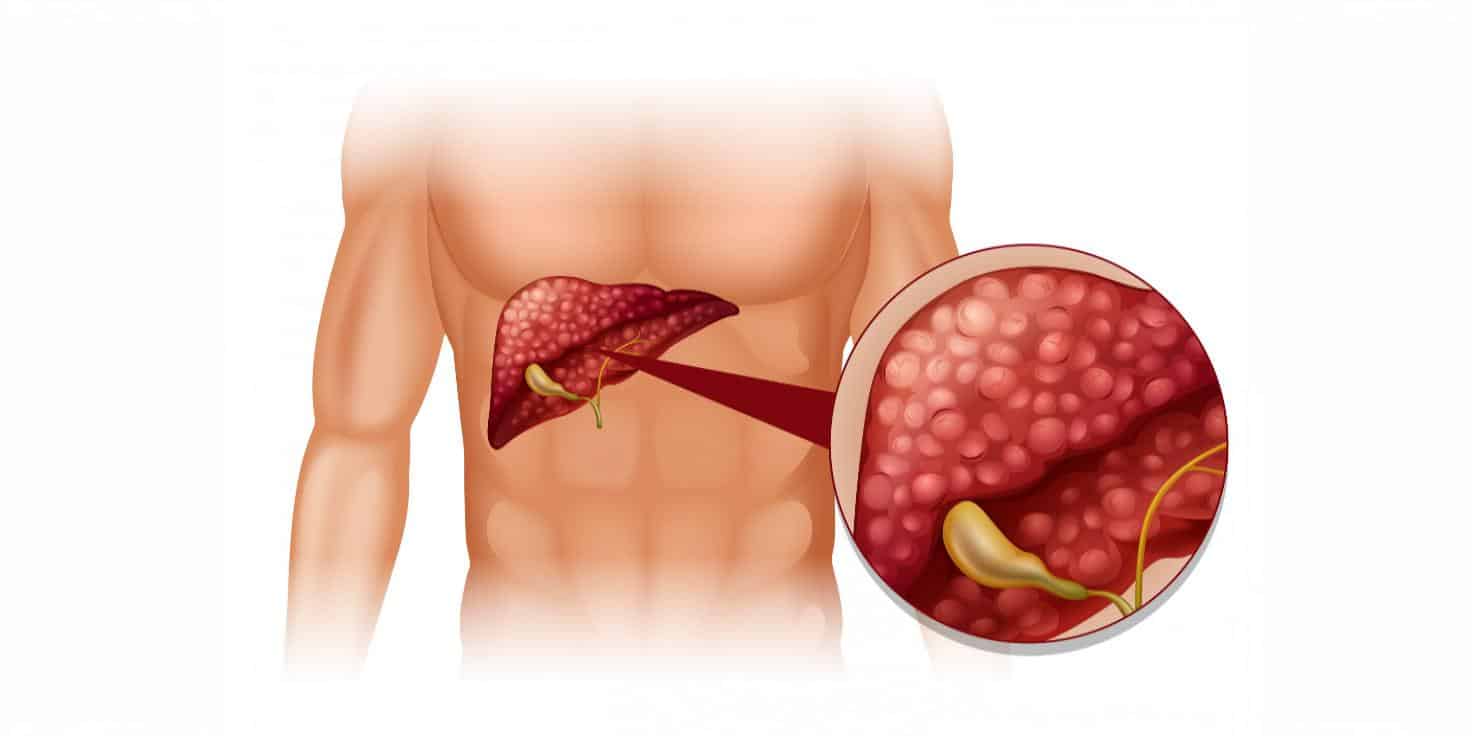EXPLAINER: Five common products that pose cancer risks & healthier alternatives
Author
Author
- admin / 1 year

- 0
- 3 min read

Author
While it’s difficult to completely avoid carcinogens in today’s world, reducing exposure is key. An oncologist shares some practical tips.
The International Agency for Research on Cancer (IARC) has listed and classified various agents as “known or probable human carcinogens”. Research shows that these substances or exposures that can cause DNA changes that may lead to cancer.
First Check consulted with Dr Kandra Prashanth Reddy, Senior Consultant in Radiation Oncology at the American Oncology Institute, Hyderabad, India, to identify five commonly used items that may pose a potential cancer risk. The doctor also suggested healthier alternatives to these everyday products.
Nonstick cookware
Risk: Nonstick cookware often contains perfluorooctanoic acid (PFOA), a chemical linked to cancer. When heated, these coatings can release toxic fumes.
Substitute: Opt for stainless steel, cast iron, or ceramic cookware. They are safer and free from harmful chemicals.
Plastic containers
Risk: Some plastic containers contain bisphenol A (BPA) or phthalates, which can leach into food and beverages. These chemicals are associated with an increased risk of cancer.
Substitute: Use glass or stainless steel containers, which do not leach harmful chemicals. If you wish to use plastic containers for food storage, opt for those labeled as “food-grade” or “BPA-free”.
Paints and solvents
Risk: Many paints and solvents contain volatile organic compounds (VOCs) and formaldehyde, both of which are carcinogenic. Prolonged exposure to these fumes can increase cancer risk.
Substitute: Choose low-VOC or VOC-free paints and eco-friendly solvents, which are less harmful and safer for indoor use.
Processed meats
Risk: Processed meats like bacon, sausages, and deli meats often contain nitrates and nitrites, which can form carcinogenic compounds during cooking or digestion.
Substitute: Limit consumption of processed meats and opt for fresh, lean meats, poultry, fish, or plant-based protein sources.
Personal care products
Risk: Certain personal care products, such as some cosmetics, shampoos, and lotions, may contain parabens and phthalates, which are endocrine disruptors and have been linked to cancer.
Substitute: Use natural or organic personal care products from trustworthy brands that have a clear and transparent policy of not using synthetic chemicals and preservatives.
It is important to note that exposure to a carcinogen does not always lead to cancer. Some substances may only be carcinogenic under specific conditions or at certain levels of exposure. That said, making informed choices can definitely help reduce potential health risks.
Read More : Fact-check: Gel manicures and the risk of skin cancer










